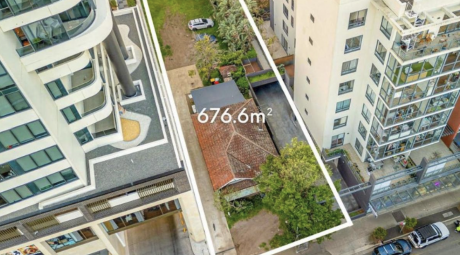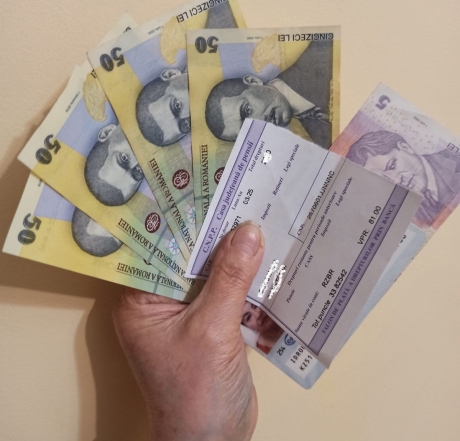The seasonally adjusted consumption index contracted by 1% q/q in the third quarter of the year (Q3), after it dropped by 0.5% in Q2, according to data published by the statistics office INS.
Private consumption is thus making a negative contribution to the overall economic growth for the second consecutive quarter after it had been a key growth driver during the previous decade.
Recently revised statistical data reconfirm the decrease of the annual growth to 1% y/y in Q2 from 2.4% in Q1. The decline was driven this time by household consumption, whereas general government consumption posted a markedly faster expansion, and gross fixed capital formation reported only a slightly slower annual growth rate, but still particularly high.
In annual terms, the growth rate eased to only 0.2% y/y in Q3, the weakest performance since the lockdown silenced private consumption in 2020.
The non-food sales, which best capture consumer confidence, remained relatively robust with a 2.3% y/y advance in Q3, when it still dropped by 1.1% compared to Q2 (in seasonally adjusted terms). The food sales index was not significantly helped by the price-capping mechanism enforced in August and contracted by 0.4% q/q (-1.4% q/q in Q2), although preserving a positive 1.4% y/y annual advance.
The car fuel sales posted the weakest performance: -5.4% y/y and -0.9% q/q.
(Photo source: Tero Vesalainen/Dreamstime.com)























 English (US) ·
English (US) ·  Romanian (RO) ·
Romanian (RO) ·